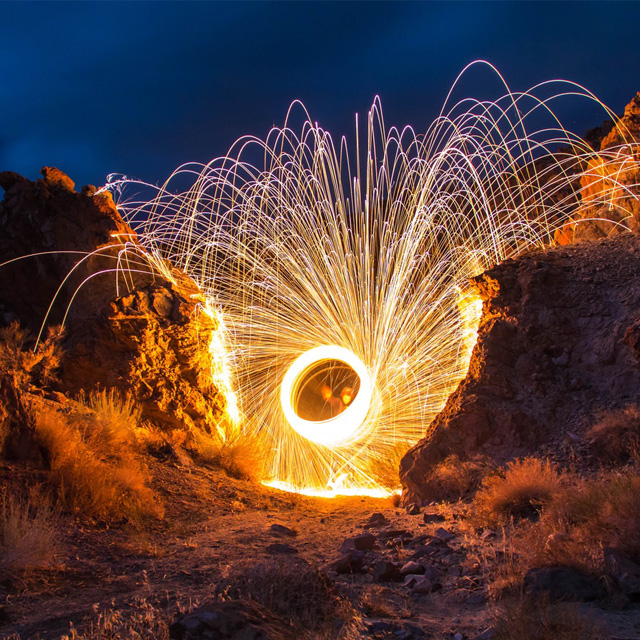
In 1995 two things happened that would have a profound impact on the way in which society viewed technology.
First, The Net, a now classic film starring Sandra Bullock was released. It was basically the first film about the internet. It setup the idea that the proliferation of services delivered online (from ordering a pizza to booking a flight) would lead to increased risk of identity fraud, thereby setting up generations of people convinced (rightly or wrongly) that online services such as banking apps were too risky for them.
So that’s a lot of impact to attribute to Sandra Bullock, but you get the point.
The second thing from 1995 that changed our attitude to technology was a little less entertaining for most people. That was the year Gartner published its first ever thinking on the technology hype cycle. Today the idea that technology businesses run through the Gartner journey (from an innovation trigger, to a peak of inflated expectations, to a trough of disillusionment, then to a slope of enlightenment, before settling at a plateau of productivity) is deeply engrained in the way we think about the reputations of new technology.
Our view is that this is a near quarter of a century old piece of thinking that has become an outdated convention ripe for challenge.
We don’t think the Hype Cycle is the right way for businesses to think about hype, and we’ve spent the last 6 months looking at the role of hype in the world of fintech in order to bring you a new way of thinking about hype.
Our report will show you what hype looks like; how hyped brands are treated differently from non-hyped brands. It will show you how previously unmeasurable elements of hype, such as how a brand is talked about, is becoming increasingly measurable.
The report will tell you how hype is commercially valuable for brands (this perhaps was our most surprising finding).
And finally, we’ll give you our view on how brands can put themselves in a position to become the subject of hype, what component parts need to be in place for your brand to really capture an audience’s imagination.
We’re not done yet, we plan to look deeper into this subject for the rest of this year and maybe beyond, so please take a look at the report and let us know your thoughts, views and experiences of hype.
